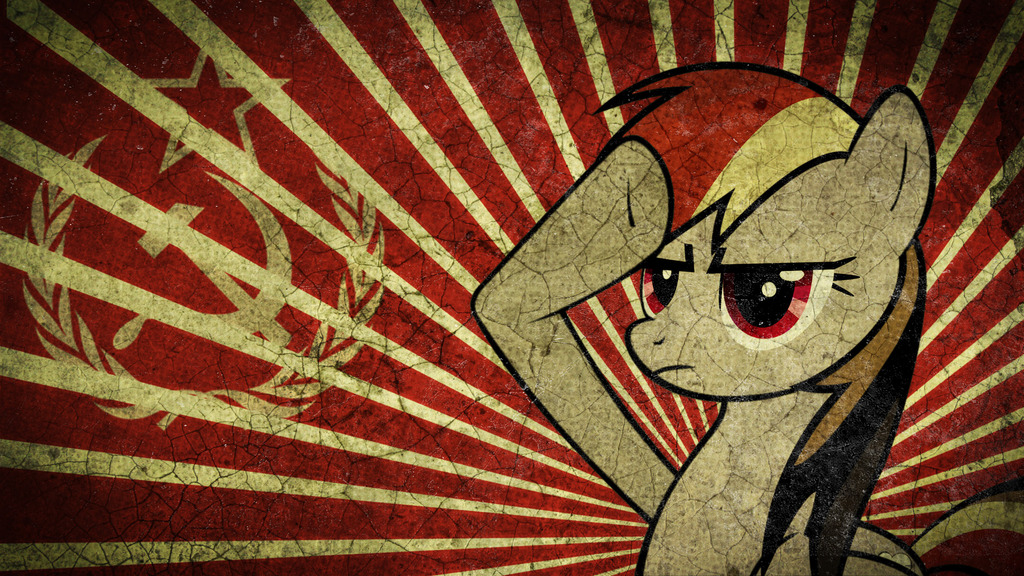Let’s say that the many, many people who are needed to do (relatively) unskilled labor such as restaurants, factory, retail, etc. are not needed to do those jobs anymore due to them being fully automated.
It’s relatively easier to automate those sorts of jobs, but what about the ones that require much more skill: doctors, lawyers, plumbers, electricians. These would take more time to automate compared to the more basic jobs. So when these basic jobs are all lost due to automation, but the skilled ones are remaining, what would a communist/socialist society do to solve this?
Would they force some people to learn how to do these needed jobs in case of a shortage? Would they allow the unemployed masses to survive without labor? What do you think?


There will be no unemployed masses. Unemployment is a feature of capitalism, which needs a reserve army of labour. Even under the strained conditions of the USSR, there was full unemployment. As tech makes jobs redundant, communists would divide the remaining work equally rather than keeping a select few working 40–90 hours a week while they’re colleagues get sacked ‘because they’re no longer needed’.
For a snapshot, think about a family with young children. (I apologise in advance to any three year olds who have learned to read already and are logged in to Lemmygrad – this comment isn’t about you.) Toddlers aren’t very useful. But they are keen. A toddler can contribute in the kitchen, washing the salad or decorating the cake while the adult does the hot, sharp, and heavy tasks.
It’s a choice to keep the toddlers away from the work. (The same people who make that choice will likely be the ones to wonder, twenty years later, why their adult children don’t know how to use a washing machine, but I digress.) In many families, the chores will be divided among the adults and the toddlers, even if it’s an unequal division. From each according to their ability, to each according to their need.
No need to force anyone. By the time we get there, at least three things will have happened, assuming it’s communists who get us there.
(1) Work really does set you free. Just not under capitalism. Through socialism and communism, consciousness will change. People will start to see work not as a forced activity, but as a way of contributing to society. Some people already see it this way. In communism it will be true. People will need to get psyched up for some jobs, I’m sure, but they won’t need to be forced. Plus the remaining shit jobs can be rotated.
As for jobs that can be automated, like cheffing and retail, people enjoy that work in the right conditions and I can see some people choosing to do these jobs even if they can be automated. There’s pride involved and others like to be part of that. E.g. who’d go for a microwave meal if Gordon Ramsey is offering to cook? And who’d dress themselves if a tailor is offering to suit them up? Things will change under communism. It’s hard to know what. But some things will stay the same for a long time to come.
(2) What child, even in capitalism, does not aspire to be a highly skilled medic, sparky, joiner, lawyer, etc? As high quality education becomes truly universal, this becomes a reality. Everyone can train for the remaining jobs, with support (no more bad grades because students can’t do the work because they have to work 40 hours a week hoping to earn enough tips to keep the lights on).
Even today, parents would jump at the opportunity to send them to a school where their kids will be taught to be doctors. This is just a fantasy for most people in capitalism, though.
(3) Changing social relations will radically change the nature of work. Most lawyers will become redundant. Who needs contract, commercial, property, and tort lawyers? Look at New Zealand. It compensates anyone for accidents. No need to sue. Their negligence lawyers hated it at first because they mostly became redundant over night (they’ve since wormed their way back in a bit, though).
There will be more medical work once medicine is accessible to people who currently can’t afford it. There will also be less medical work once we move to a preventive model. Almost every plumber and electrician that I know quite enjoys their job. What they don’t like is shit hours and shit pay for getting covered in, well, shit. Working conditions will improve under a DotP.
Much respect and support for toddler comrades🫡
The real vanguard.